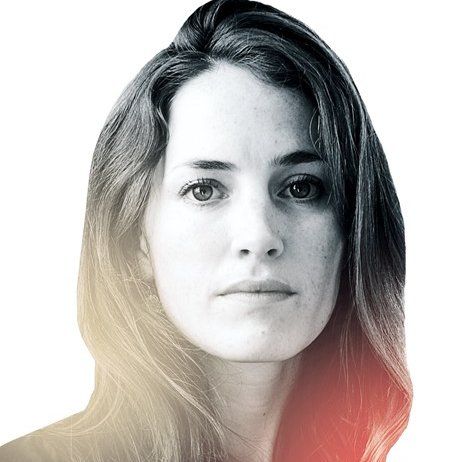
Jennifer Jacquet
Contributor at Freelance
Professor, University of Miami. Alter ego author of THE PLAYBOOK: HOW TO DENY SCIENCE, SELL LIES, AND MAKE A KILLING IN THE CORPORATE WORLD
Articles
-
Mar 11, 2025 |
tandfonline.com | Loredana Loy |Jennifer Jacquet
ABSTRACTThe oil and gas industry has regularly deflected responsibility towards individual consumers. In contrast, here we show that the US animal agriculture industry has not only avoided notions of individual responsibility but has obstructed even modest efforts to encourage individual dietary change.
-
Oct 16, 2024 |
science.org | Jourdan Ewoldt |Olivia Gozel |Sebastian Quaade |Jennifer Jacquet
Introduction to Special IssueAQUACULTUREJennifer Jacquet https://orcid.org/0000-0002-3807-8060 and Jeremy Jackson https://orcid.org/0000-0002-6080-2254 Authors Info & AffiliationsScience Advances16 Oct 2024Vol 10, Issue 42CREDIT: ArtistGNDphotography / iStockAround the world, the rapid expansion and growth in aquaculture—the farming of aquatic animals and plants—is underway. The scientific conversation has had difficulty keeping pace with the growth of the industry.
-
Oct 8, 2024 |
issues.org | Jennifer Jacquet |Lisa Margonelli |Kimberly Quach
Octopuses are famously smart: they can recognize individual humans, solve problems, and even keep gardens. They are also a popular food for humans: around 350,000 tons of octopus are caught worldwide each year, and demand is only growing. Some governments and start-ups have invested significant resources into domesticating octopus, and the world’s first octopus farm may soon open in Spain’s Canary Islands. But should octopus be farmed at all?
-
Oct 2, 2024 |
issues.org | Tom Burroughs |Jennifer Jacquet |Becca Franks |Peter Godfrey-Smith
California just enacted a comprehensive state ban on farming octopuses for human consumption and on selling any octopus raised as food. This action aligns with arguments presented in Issues by Jennifer Jacquet and three other international scholars. “We believe that octopuses are particularly ill-suited to a life in captivity and mass-production, for reasons both ethical and ecological,” they write.
-
Aug 15, 2024 |
science.org | Fabian Ripka |Jennifer Jacquet |Becca Franks |Peter Godfrey-Smith
Information & AuthorsInformationPublished In ScienceVolume 385 | Issue 671016 August 2024CopyrightCopyright © 2024 The Authors, some rights reserved; exclusive licensee American Association for the Advancement of Science. No claim to original U.S. Government Works. Article versionsSubmission historyPublished in print: 16 August 2024PermissionsRequest permissions for this article. AcknowledgmentsJ.B. is a consultant for the Brooks Institute, an animal law think tank.
Try JournoFinder For Free
Search and contact over 1M+ journalist profiles, browse 100M+ articles, and unlock powerful PR tools.
Start Your 7-Day Free Trial →X (formerly Twitter)
- Followers
- 4K
- Tweets
- 829
- DMs Open
- No